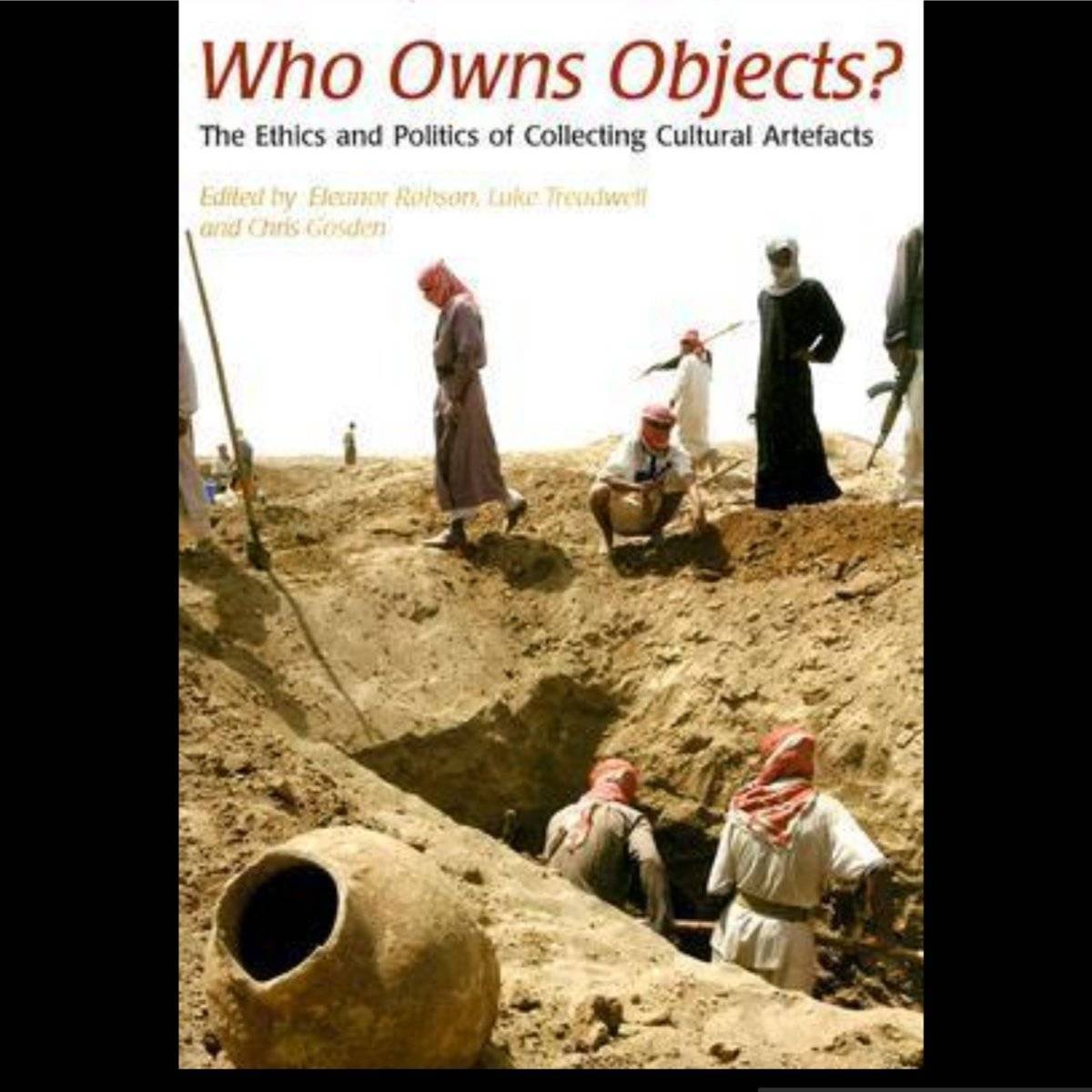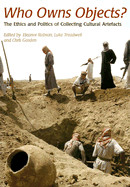
(2006) It's a collection of essays addressing issues of ownership and trade in cultural objects, mostly in the context of the looting and illegal trade in Iraqi antiquities that flourished following the 2003 invasion. Authors are museum professionals, dealers, a collector and an archaeologist, so multiple perspectives are represented and all are well stated. The context is a little dated, but the arguments are evergreen.
wanderinglynn Interesting. I visited Pompeii the weekend and the archeologist noted that before 1860, the ruins had been looted by treasure seekers. And when I worked at the Department of Interior, we returned some cultural artifacts, some which had been in museums for decades and private collections before that, to tribes & other countries. 6d
swynn @wanderinglynn How interesting -- I don't think any of the essays referenced Pompeii specifically, but there were general references to classical sites and, yeah -- the amount of stuff that has been taken and sold on the black market or even melted down is heartbreaking. Wrt repatriation, there's a very interesting account of a Glasgow museum's decision to return a ghost dance shirt to the Lakota. 6d
30 likes2 comments


















